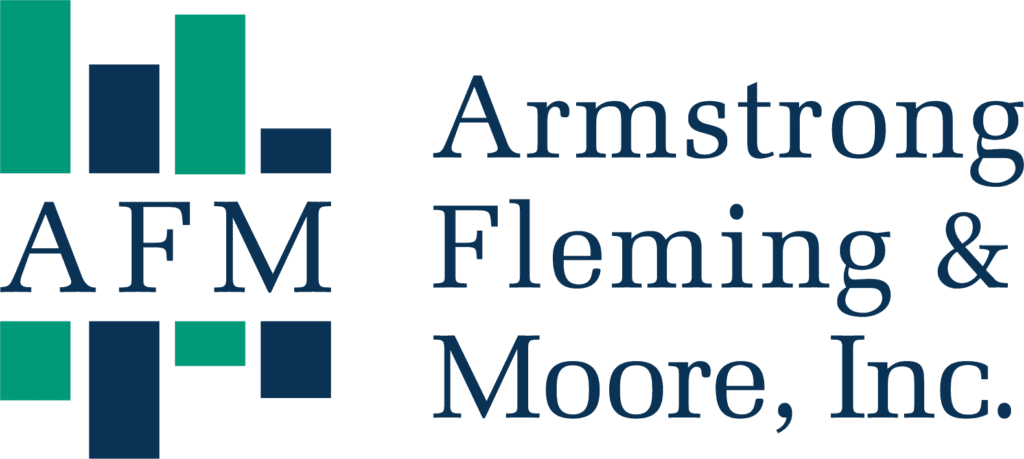An inheritance can be a blessing and a curse, a blessing because the assets passed down can provide financial stability, and a curse because of the stress that comes with using the inheritance appropriately. From managing the inherited assets, to paying taxes, things can get complicated really quickly. However, with careful planning, you can avoid these headaches, protect your assets, and allow them to grow.
Real estate
The greatest issue that people face when inheriting real estate is the tax liability that comes with it. Generally, you have three options when inheriting real estate:
- You can sell the property immediately. Capital gains tax will be dependent on your relationship with the prior owner.
- You can use the property as a rental. The income from said rentals will be taxed as income and you will have to pay property tax.
- You can move into the home and make it your own! Property taxes will still apply.
Inherited property, especially from family members, can hold sentimental value and may be difficult to part from. It may be helpful to consult with a financial professional for guidance on how to manage inherited property.
Inherited IRAs
Over the past few years, rules on an inherited IRA have become more complex, largely due to the passing of the SECURE Act and SECURE Act 2.0. The SECURE Act, passed in 2019, reduced the amount of time that heirs have to distribute funds from their inherited IRAs. Prior to this change, heirs were allowed to “stretch” withdrawals for an extended period, allowing the money in the account to grow indefinitely.
If you inherited an IRA before 2020, you may still take advantage of the “stretch” strategy and may take withdrawals from the account over your lifetime. On the other hand, if you inherited an IRA on January 1, 2020, or later, the SECURE Act requires that the account be fully depleted by the end of the 10th year after the original account owner’s passing. This rule applies regardless of whether the account owner died before or after the required beginning date (RBD), which is the age the account owner would have been required to begin taking minimum distributions (RMD) from the account. These distributions are taxed at the beneficiary’s ordinary income tax rate.
Eligible designated beneficiaries are exempt from the 10-year rule, as listed below:
- Surviving spouse
- Disabled person
- Child of the owner who has not reached the age of majority (21)
- Person not more than 10 years younger than the IRA owner
Additionally, the surviving spouse, being the sole beneficiary of the IRA, may elect to be the new owner of the account, rollover the IRA into their own IRA, or continue acting as the beneficiary. This decision is contingent on when the surviving spouse needs to take RMDs and whether the original account owner had already begun taking RMDs, or not.
If the 10-year rule applies to you, deciding whether to take the distributions as a lump-sum or in fixed annual amounts is something you may want to discuss with a financial professional or accountant. This decision will be largely dependent on your current needs and the tax implications of such withdrawals.
Inheriting a trust
Inheriting a trust can be an equally overwhelming experience. People often have questions pertaining to what to do with the trust’s funds and the tax implications of distributing funds from the account. As a beneficiary of a trust, it may be wise to discuss these questions with your loved ones while they are still living.
Often, inherited trusts have restrictions on which assets may be distributed and when. For example, some trusts may have a minimum age at which funds may be withdrawn or may only allow for withdrawals from the income portion of the account. These limitations on inherited trusts are generally in place to protect the trust’s assets for future generations.
It is also important to understand how the trust’s assets are invested. Even if you do not have the ability to change how the account is allocated, by including it in your financial plan you can combine it with your overall investment portfolio to effectively plan for the future.
Conclusion
Aside from the assets discussed above, there are numerous other things that can be passed down from one generation to another that require careful planning. When in doubt, speak to your family about their estate plan and reach out to your financial advisor to discuss your plan of action.
Newly acquired wealth from an inheritance can be a wonderful thing, making it critical to take your time and proceed in the best way possible for you and your family.
Presented by Jack Russell

